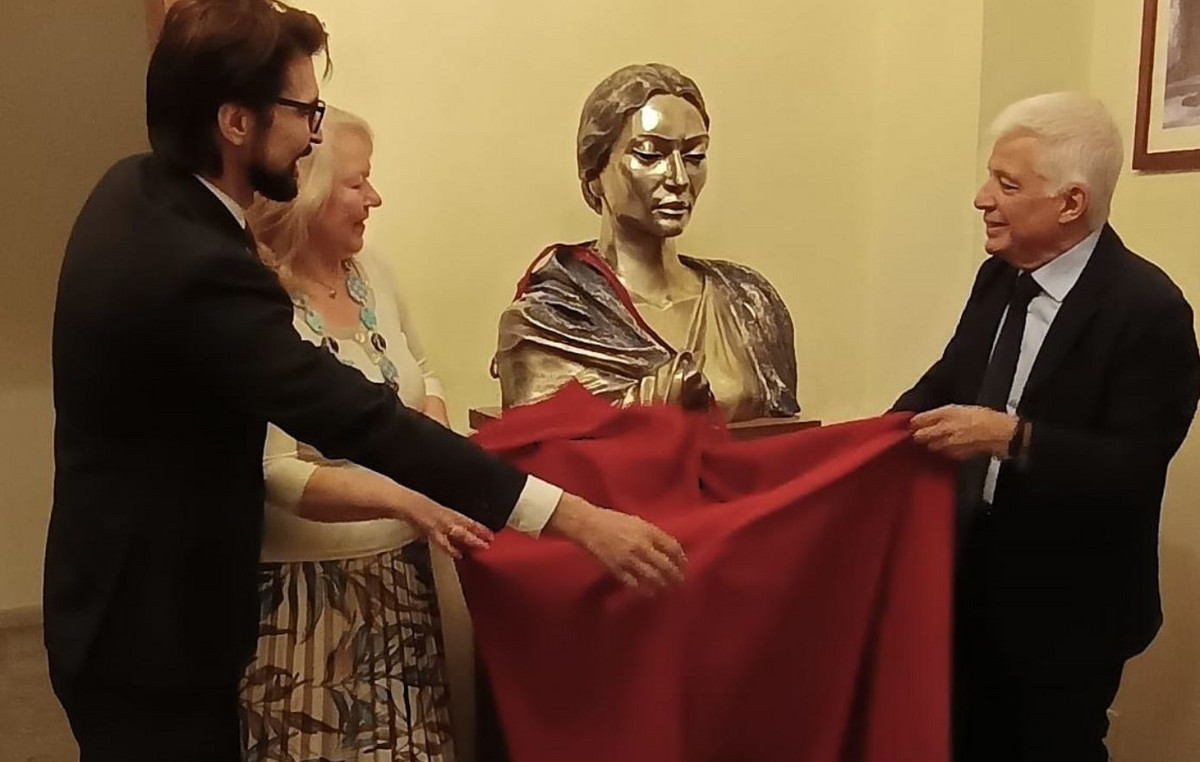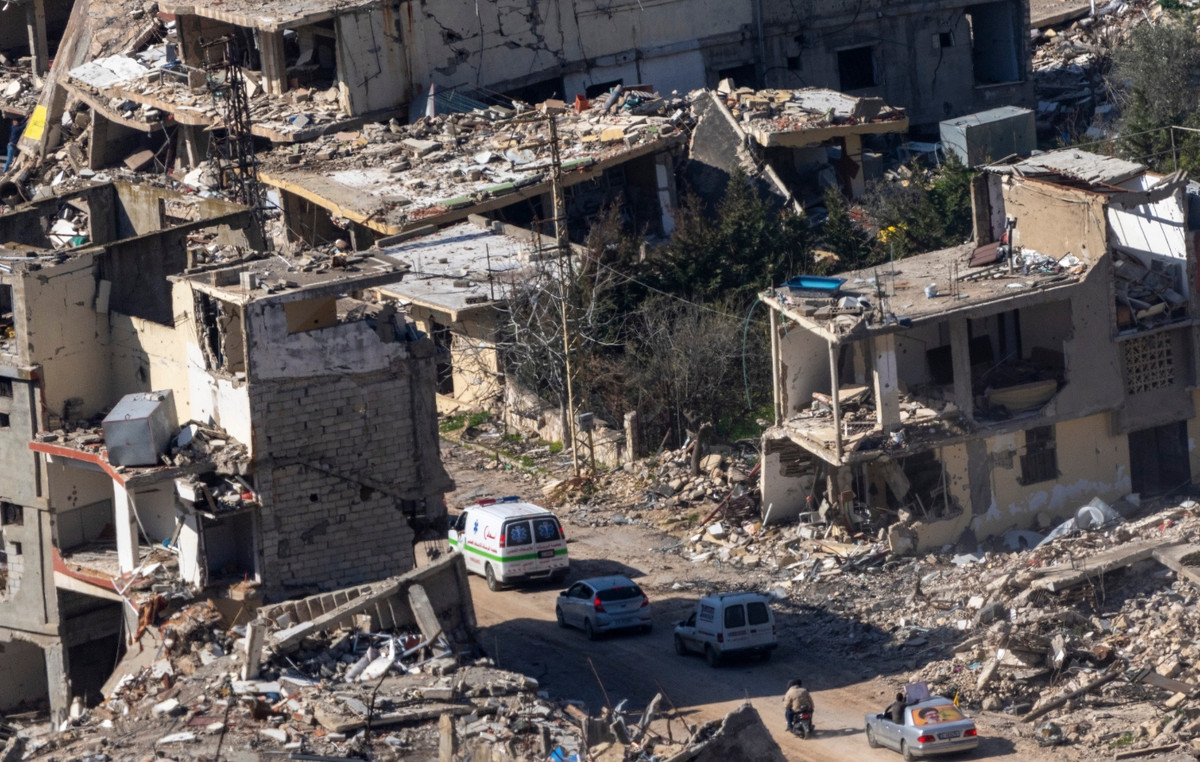The Federal Supreme Court (STF) analyzes this Tuesday (3) the situation of systematic violations of rights in the Brazilian prison system.
The case will be the Court’s first trial during Minister Roberto Barroso’s presidency. He took office on Thursday (28).
Ministers will analyze the topic in an extraordinary session. Barroso decided to move the session that would have been on October 12th, the date of the Nossa Senhora Aparecida holiday, to this week. Normally, STF sessions are held on Wednesday and Thursday.
See also: STF abolishes special prison for those with higher education
The case regarding the so-called “unconstitutional state of affairs” in prisons was presented by the PSOL in 2015. In the same year, the Supreme Court recognized that there is a systematic and structural violation of the rights of inmates in Brazil. The decision was preliminary (provisional). Now, the Court will judge the merits of the action.
By recognizing that there is an “unconstitutional state of affairs” in the area, the Supreme Court understands that there is a massive and systematic violation of the fundamental rights of prisoners in Brazilian penitentiaries, due to structural problems in the area and the inability of public authorities to solve the terrible conditions of the units. prisons.
The instrument allows the Judiciary to intervene by determining concrete measures to overcome violations.
On that occasion, the Court ordered the holding of custody hearings in prisons in flagrante delicto (when the prisoner is presented to a judge within 24 hours to verify the legality of the detention), and the release of resources accumulated in the penitentiary fund (Funpen), with the money being used to improve the sector, and prohibiting new contingencies.
In the country, there were 832,295 people in prison at the end of 2022, a number that exceeds the number of places in prison units by 230,578, according to the 17th Edition of the Brazilian Public Security Yearbook, organized by the Brazilian Public Security Forum.
The number takes into account convicted and provisional prisoners, in the prison system and in police custody.
Rapporteur’s proposal
The case’s rapporteur is former minister Marco Aurélio Mello (now retired). The merits of the case have already begun to be judged in 2021 in the virtual plenary, and were suspended due to a request for review (more time for analysis) from Barroso. Marco Aurélio’s vote will be maintained when the case is resumed. Therefore, his successor, André Mendonça, will not vote.
Marco Aurélio argued that the existence of the unconstitutional state of affairs in prisons is confirmed. He also proposed other points:
- Order judges and courts to explain why they maintained preventive arrests, in place of alternative measures;
- Order judges and courts to consider the “dramatic picture of the Brazilian penitentiary system” when decreeing prisons or setting sentences;
- That judges establish, when possible, alternative sentences to prison.
The rapporteur also ordered the federal government to draw up, within three months, a national plan to overcome the unconstitutional state of affairs in prisons within a maximum of three years.
According to the rapporteur’s proposal, the plan must consider some guidelines, such as:
- Reduction of prison overcrowding;
- Reduction in the number of pre-trial detainees;
- Adaptation of prisons to minimum parameters of space, health, hygiene, security and maximum capacity;
- Separation of prisoners based on criteria such as gender, age, procedural status and nature of the crime;
- Guarantee of material assistance, security, adequate food, access to justice, education, comprehensive medical care and dignified and paid work for prisoners;
- Hiring and training personnel to work in prisons;
- Elimination of torture, ill-treatment and application of penalties, without due legal process;
- Adequate treatment considered vulnerable groups, such as women and the LGBT population.
Source: CNN Brasil
I’m James Harper, a highly experienced and accomplished news writer for World Stock Market. I have been writing in the Politics section of the website for over five years, providing readers with up-to-date and insightful information about current events in politics. My work is widely read and respected by many industry professionals as well as laymen.







